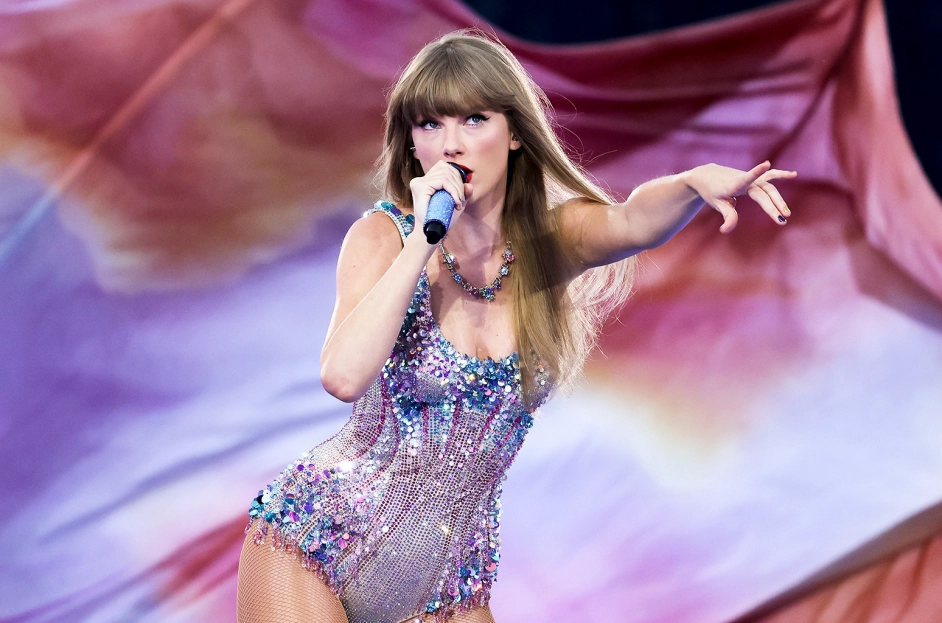Universal Music Group, a powerhouse in the music industry, is gearing up to withdraw its songs from TikTok, signaling a breakdown in negotiations over payment terms. This development could potentially lead to the removal of tracks from some of the biggest names in music, including Taylor Swift, The Weeknd, and Drake, from the popular social media platform.
The standoff between Universal Music and TikTok, headquartered in Beijing, has been brewing for nearly a year, with talks reportedly becoming increasingly strained. Sources familiar with the matter have indicated that negotiations have hit an impasse, prompting Universal Music to take this drastic step.
According to Universal Music, TikTok has been pushing for a deal that significantly undervalues the worth of Universal’s music catalog. The company alleges that TikTok’s proposed payment falls far below the standard rates offered by other social media platforms for access to music content. In response to what it perceives as unfair terms, Universal Music has announced its intention to terminate its licensing agreement with TikTok, effective at the end of January when the current contract expires.
This decision by Universal Music highlights the significant revenue streams generated by music licensing agreements with digital platforms. Streaming services like Spotify, Apple Music, and Meta’s platforms contribute substantial royalties to music companies, making these negotiations crucial for ensuring fair compensation for artists and songwriters.
TikTok, on the other hand, has fired back, accusing Universal Music of prioritizing its financial interests over the well-being of its artists and songwriters. The dispute underscores the complex dynamics between music rights holders and digital platforms, as both parties seek to balance financial considerations while supporting the creative community.
As the deadline for the termination of the licensing agreement approaches, the music industry will be closely watching the outcome of this dispute, which could have significant implications for the future of music licensing in the digital age.















































